What precisely is the role and function of a mentor? Can one embark on the spiritual path in our modern, individualistic era without a guide or mentor? Does having a teacher not entail too much dependency? In the Sufi tradition, the education of the heart is not an individual pursuit, but a process that occurs with others, where knowledge is mutually transmitted.
In our time, we seldom pause to marvel at this wonder. One might say that there’s no longer awareness for the mystery of this occurrence. Traditionally, in the spiritual teachings known as the Sufi path, the divine act was revealed. The moment a student takes hand with a teacher is termed “bayat” or initiation. Rumi acknowledges the silent presence of God in this connection, as evident in the following lines from his Masnavi:
Hand is above hand, child, in skill and in strength,
up to the Essence of God.
The ultimate end of all hands is the Hand of God:
the ultimate end of all torrents is undoubtedly the sea.
From it the clouds take their origin,
and in it, too, the torrent has an end.
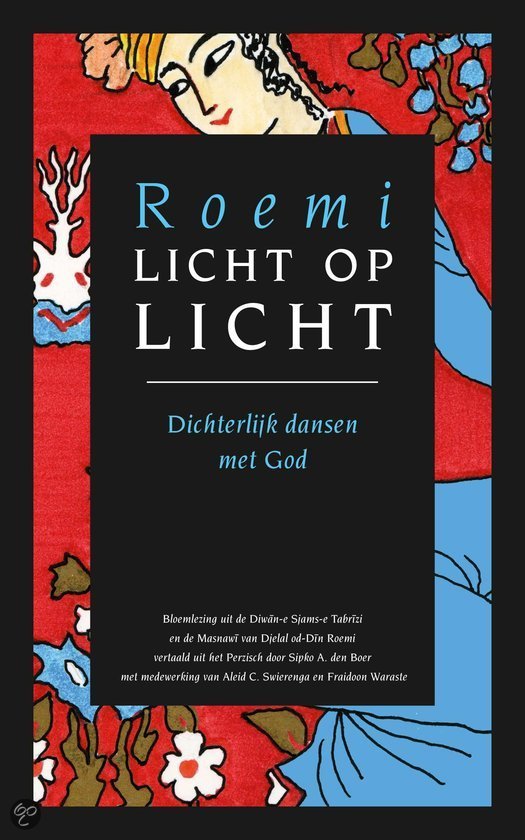
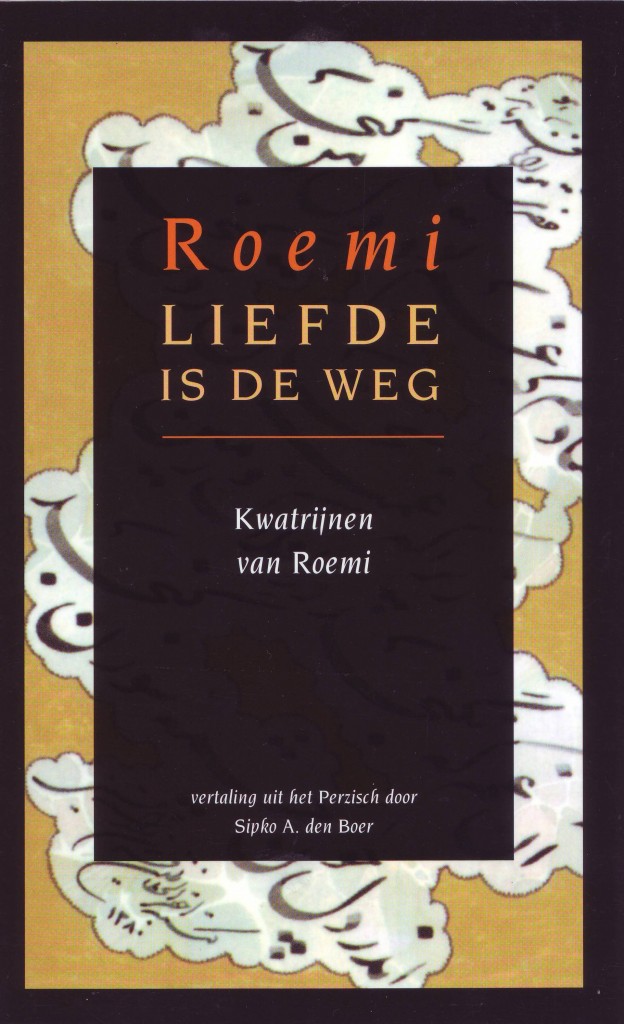

Although coaching on both professional and personal levels has gained popularity, the terms ‘mentor’ or ‘master’ often conjure images of authoritarian figures. This perception is closely linked to the abuse of power and a lack of openness to criticism within such relationships. Undoubtedly, numerous instances of such abuse exist—a sensitive issue in an era that highly values freedom. However, focusing solely on the negative aspects of this dynamic could be seen as a form of spiritual egalitarianism. Despite the uneven distribution of knowledge, experience, and sometimes power between mentor and mentee, apprenticeship under a spiritual mentor can still offer a profound initiatory journey in our modern times.
In Homer’s Odyssey, the goddess Athena takes on the guise of Mentor, serving as the wise counselor to Telemachus, the young son of Odysseus, during his father’s prolonged absence. A prime example of Mentor’s mentoring style can be found in Book 22, verse 235 of the Odyssey: “Come now, my friend, stand here beside me and watch what I do.”
An Exemplary Case
The mentor-mentee relationship emerges from a longing to connect with someone who has undergone profound transformation, achieved enlightenment to some degree, and possesses both the skill and inclination to guide others along the same path. This form of guidance has played a pivotal role for centuries in realms such as religion, spirituality, fine arts, and craftsmanship. While mentorship in the latter two realms aims primarily at passing on skills and expertise, spiritual mentorship often centers around the pursuit of enlightenment, understanding the truth, experiencing God-consciousness, or awakening from the slumber of ignorance. However, a significant distinction lies in the fact that apprentices in fine arts or craftsmanship explicitly aspire to master the craft themselves. As a result, upon completing their learning journey, apprentices typically part ways with their mentors to pursue their profession autonomously.
A Complex Relationship
In contrast, the mentor-mentee relationship within the spiritual realm is considerably more intricate. Here, the aim is to undergo a profound transformation in consciousness and one’s approach to life. The student is challenged to transcend personal limitations, ego-driven strategies, and fears. Another complicating factor is the intentional and conscious use of idealizing transference and “twinship.” In this scenario, the personal boundaries between mentor and mentee are more fluid compared to situations where one learns a skill or expertise. Apprenticeship often entails a sense of servitude, with mentors urging their charges to give their all without reservation. The social roles involved provide a temporary sense of security and comfort.
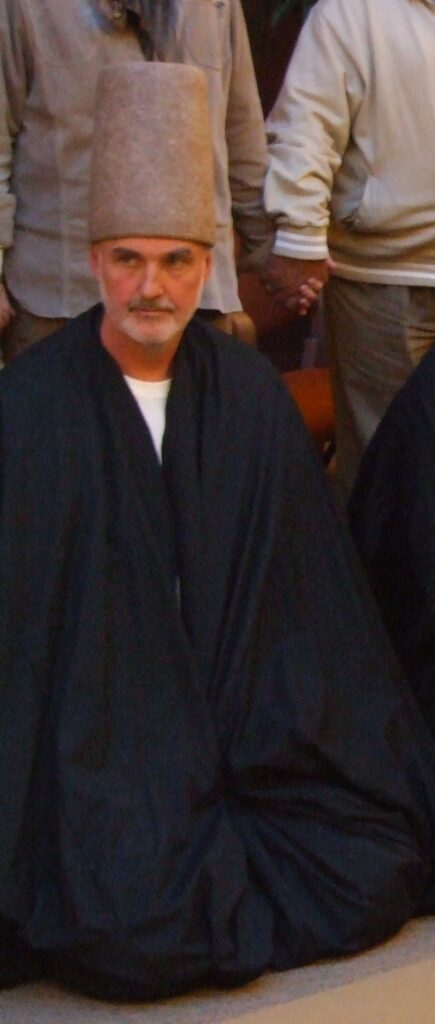

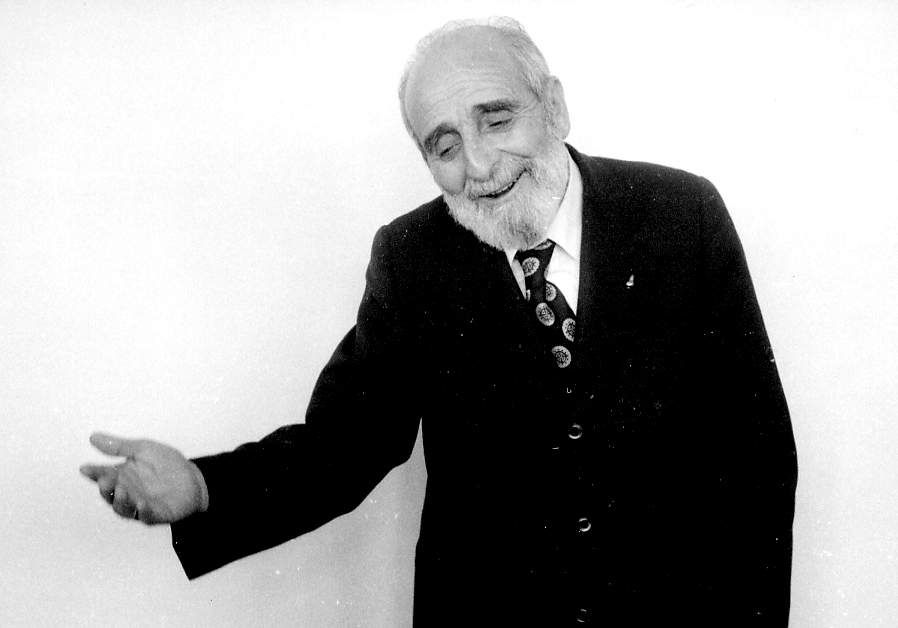
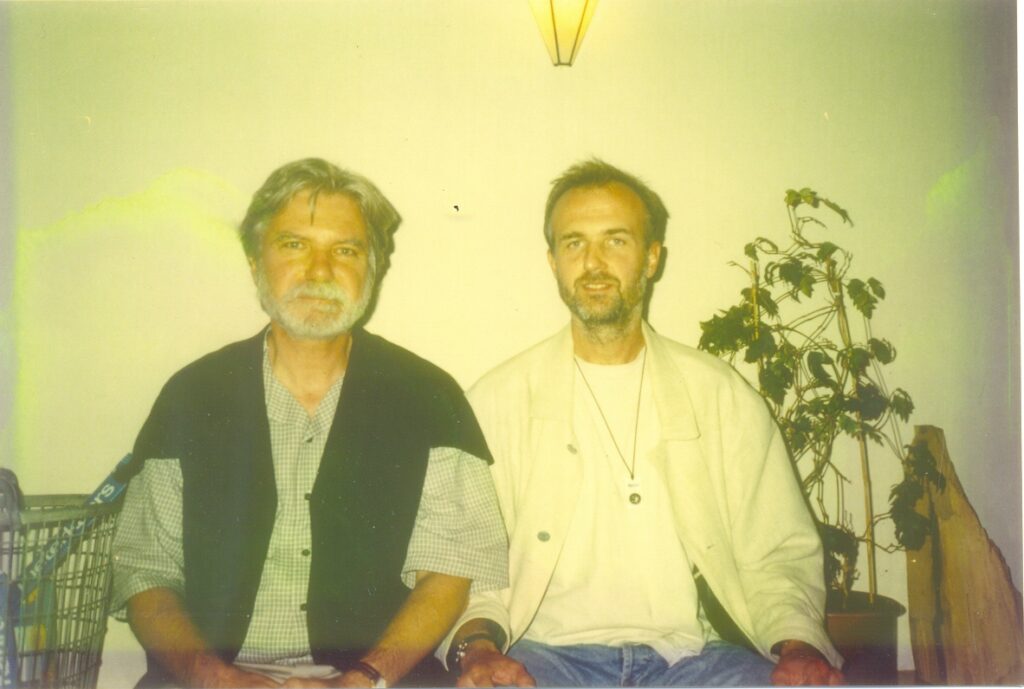
Breaking Free
This often presents challenges when attempting to detach from the teacher and the community of students or the institution and forge ahead on one’s individual path. For some, undergoing apprenticeship and establishing a bond with a spiritual teacher may be viewed as an endeavor to evade the journey of individuation, while for others, it is regarded as an essential stride toward maturity and wisdom. In essence, the following observations can be made regarding the teacher-student relationship and its associated dynamics:
- The risk of the teacher exploiting the dependence and vulnerability of their students;
- The potential for the student to undermine and betray the trust of their teacher;
- And the opportunity for a reciprocal exchange of trust, love, guidance, and instruction between teacher and student.

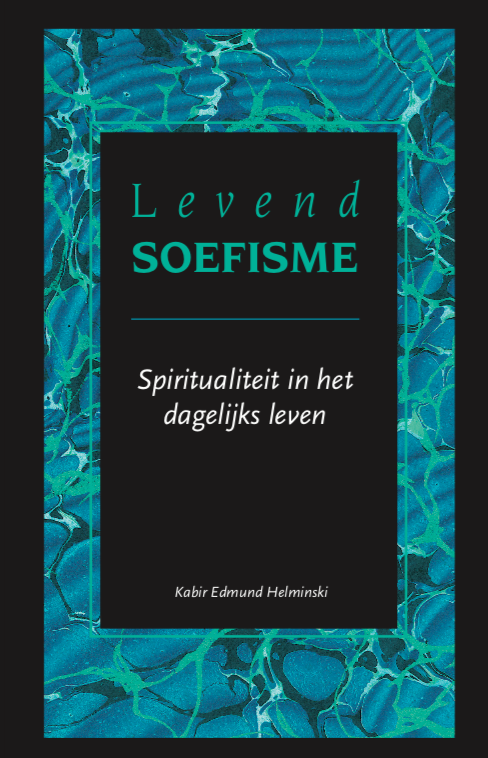
Flexibility
A mentor who continues to embrace the role of a student, owing to their wisdom, inherently holds authority over others. While equality and collaboration may not traditionally be the norm, modern-day students of spiritual schools and traditions are increasingly advocating for equal participation in a democratic process of collective learning within the group. As Sufism articulates, “All people are equal, but those who seek to learn require a guide.” Rumi echoes this sentiment in the following lines:
If anybody goes traveling without a guide,
every two days’ journey
becomes a journey of a hundred years.
The one who takes up a profession
without having had a teacher
becomes a laughing-stock,
no matter where he lives.
Except perhaps for a single occurrence,
in all the world,
is a descendant of Adam
ever born without parents?
The one who earns gains wealth;
it’s a rare event
to find a buried treasure.
Mastery and Authority
One might ponder where mentors or teachers derive their authority to guide others. After all, they, like us, are human and share the same basic needs for sleep and sustenance. Our understanding of authority often stems from early conditioning during childhood. We grew up under the guidance of parents, caregivers, siblings, school teachers, and various institutions, spanning welfare, health, social security, and religion. Even if these figures were benevolent and nurturing, they loomed larger and more powerful than us. They set rules, administered discipline, and shaped our understanding of what was ‘right’ and ‘wrong.’ Whether through protection or fear, many of us accepted their authority unquestioningly, internalizing this conditioning without conscious choice. Hence, it’s crucial to scrutinize our inclination towards authority and discern its implications. Blindly idolizing someone without critical inquiry serves no purpose.
In Sufism, the journey towards unity is rife with challenges, and we’re perpetually misled by falsehoods within ourselves. To liberate ourselves from the tyranny of the ego, Sufism suggests seeking the guidance of a metaphorical surgeon or midwife to help reveal the truth latent within us.
Can the water of a polluted stream
clear out the dung?
Can human knowledge erase
the ignorance of the sensual self?
How does a sword fashion its own hilt?
Entrust the healing of this wound
to a surgeon,
for around the wound, flies gather
until it becomes invisible.
These are your selfish thoughts
and all your dreams of possession.
The wound is your own dark hole.
But the truth remains: no one can impart the truth to another. Truth is something to be lived, expressed, and shared through direct insight, often in a miraculous manner. Perhaps a teacher’s authority stems from this direct insight, the power of conviction, and their presence.
It’s often said: “when the student is ready, the teacher disappears.” This implies that a mature relationship can blossom between mentor and student when the mentor relinquishes control and recognizes the student’s autonomy. The qualities of love, power, wisdom, and other spiritual attributes initially associated solely with the teacher now become integrated into the student’s being.
Personal Experience with a Teacher/Mentor
The dissolution of my relationship with a spiritual teacher arose from feelings of inadequate support and a perception of sabotage of my leadership role through covert communication. This scenario mirrors a common occurrence within spiritual organizations, where internal tensions and lack of transparency can fracture relationships and erode trust.
In my case, this departure underscores the importance of open communication and cultivating a culture of trust within spiritual communities. It also sheds light on the intricate dynamics of leadership and the hurdles faced by both leaders and students in navigating power dynamics, ego, and spiritual development.
